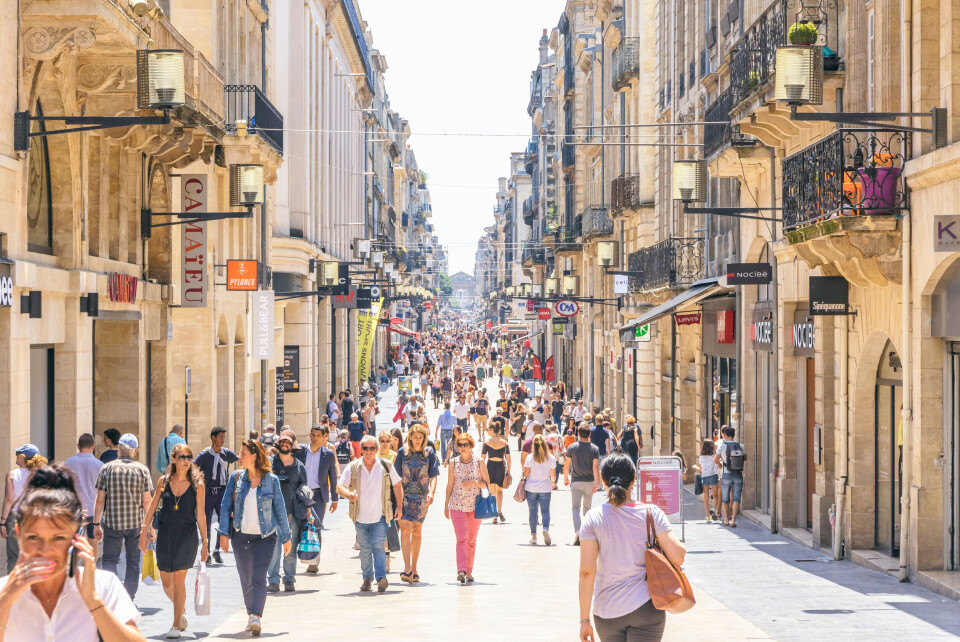-
Ryanair UK routes return to Bergerac for summer 2026
Dozens of flights to Dordogne airport offered by low-cost carrier in summer season
-
Photos: fresh snow boosts French ski resorts
More snow is expected in the Alps and Pyrénées this weekend, ahead of the popular Christmas season
-
French mayor fines engine idling motorists: What does the law say?
Is it illegal to keep your motor running when stopped in France?
Census restarts in France: How will it work amid Covid restrictions?
Residents are encouraged to complete the questionnaire online if possible, although paper copies will still be available

[Article updated January 26 at 16:35]
The annual census is returning to France this week after being cancelled in 2021 due to the Covid pandemic.
What is the census?
The census allows the state and the national institute of statistics and economic studies, Insee, to establish the official number of inhabitants in each French commune, as well as the amenities at their disposal.
Using the information provided, local authorities can work to develop new services, whether they be shops, nurseries, public transport or housing, to respond to the needs of the population.
It can also help the government to clamp down on fraud in relation to household benefit payments.
The census normally takes place every year in big towns, and every five years in smaller settlements.
“Each year, five million households and nine million people take part in the census. We observe a strong adherence to these surveys,” said Muriel Barlet, the head of Insee’s demography department.
Participants are asked questions about their date and place of birth, sex, nationality, address, marital status, qualifications and occupation.
How will it work this year?
Information gathering normally begins in the third week of January, when agents trained by the commune and Insee visit each home in the town or village to distribute the documents needing to be filled in.
Every household which constitutes a main residence is obliged to take part under French law.
The census can take four to five weeks to complete, depending on the size of the commune. This year, it will last from January 20 until February 19 for towns with fewer than 10,000 inhabitants, and until February 26 for larger towns.
It is also possible to respond to the census online, and Insee has said that this will be the preferable mode of communication this year.
Completing the necessary forms by internet will reduce the number of people coming into contact with each other and with the same documents, as well as simplifying the system.
“Census officials will leave explanatory notices in letterboxes for people who choose to complete the census online, with access codes to the Le recensement et moi website,” the institute has said.
In this way, agents will not have to knock on residents’ doors and speak to them in person.
However, if an individual does not have access to the internet, “an official will leave the questionnaires to be filled in and will come back to collect them a few days later. People who encounter difficulties will be able to access help by phone.”
What information do I need to provide?
If you are completing the census online:
- Have your notice to hand
- Visit the Le recensement et moi page and enter your access code. You do not need to create an account
- Follow the steps presented to you
- The census should take a four-person household around 25 minutes to complete
If you are filling in a paper census:
- You will need to fill in a red document including questions on your nationality, marital status, qualifications etc.
- You will then need to complete a blue form containing questions on your housing situation
- There will be about 30 questions to answer
Your answers will remain confidential.
You can view an example census questionnaire here.
Related stories
Babies, life expectancy: how Covid has affected France’s population
France is country where alcohol is drunk the most often, poll finds
Why, despite Covid, do many people in France report feeling happier?
























